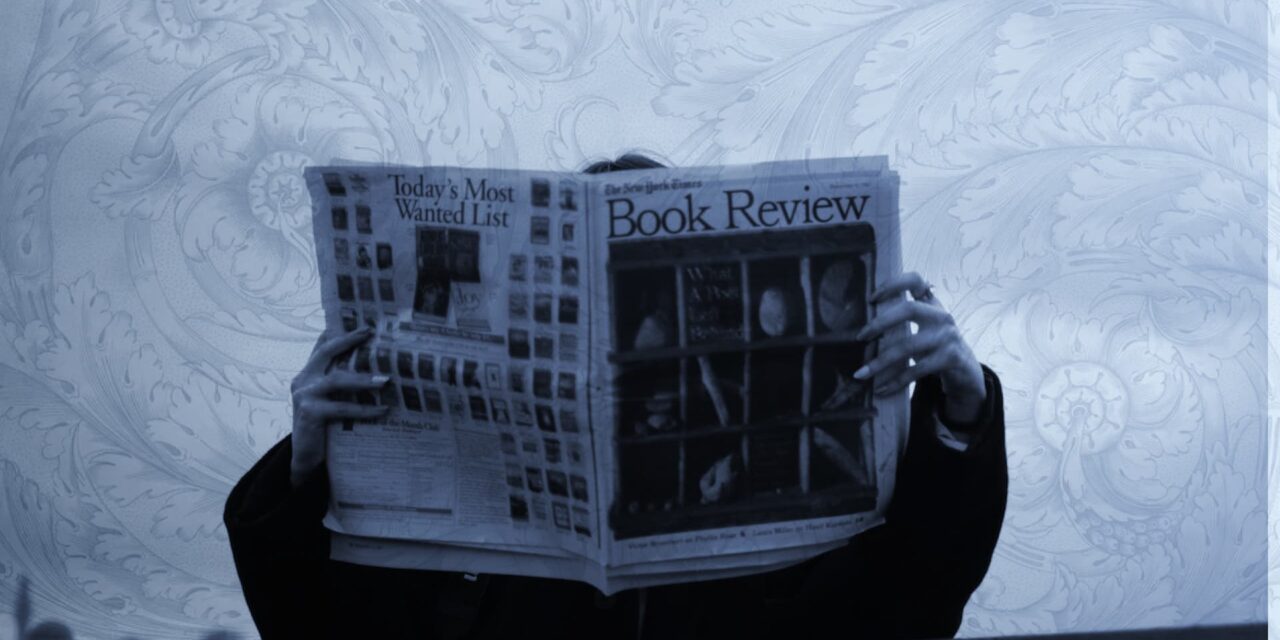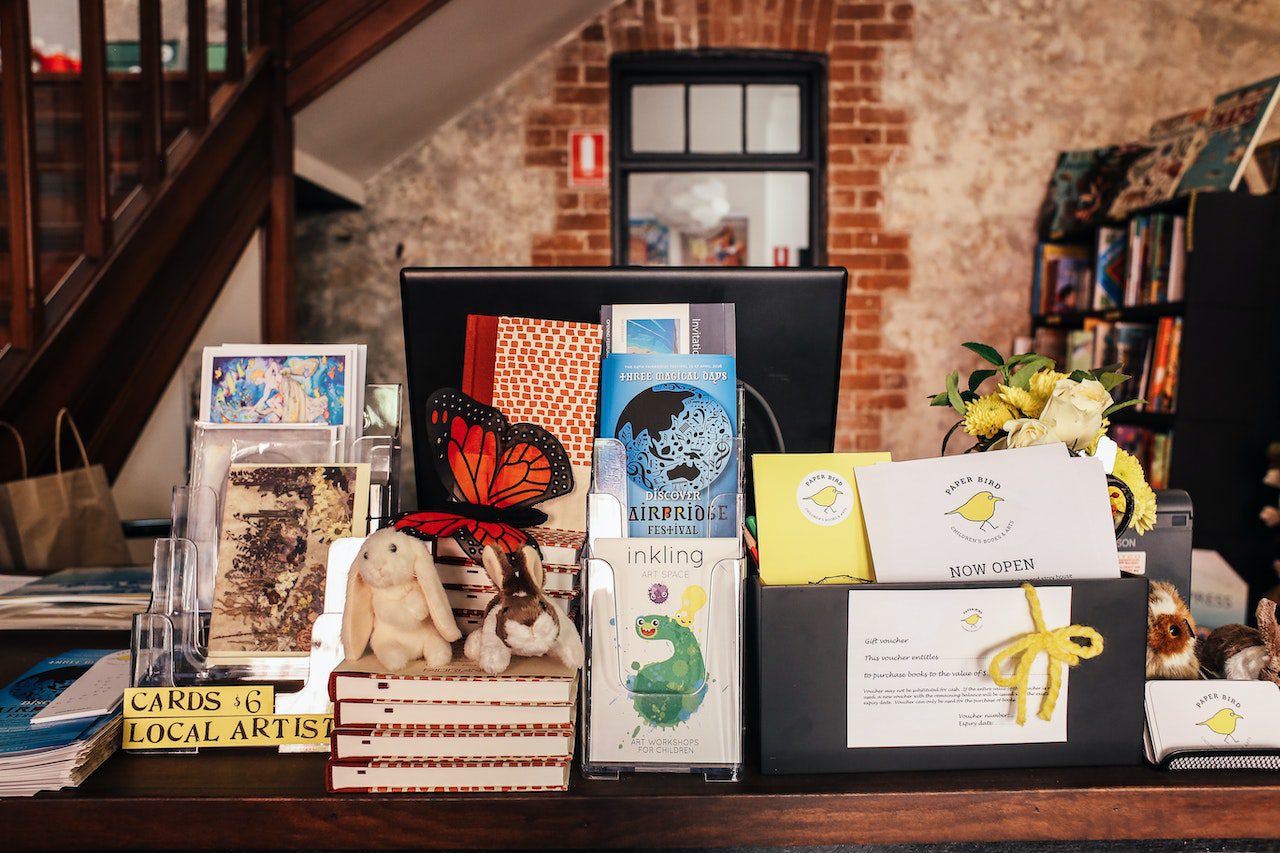
The Subtle Art of Not Giving a F* About Bad Reviews

A reviewer said my book was crap.
If you’ve ever had your book or writing rubbished by someone reading it, you know it hurts. But bad reviews don’t mean your work is bad.
No writer likes getting a bad review. That first one-star can be absolutely gutting, even if it seems like it’s the result of a reader’s particular preferences rather than the quality of your book. Even if it’s balanced out by lots more five-star raves. Even if it seems like the reviewer is talking about another book by mistake. It all hurts.
Your writing is your baby, and somebody just said your baby is ugly, unpleasant, and probably not very smart. Of course you’re upset! Of course it hurts! But I want to tell you how I’ve learnt to deal with the highs and lows of critiques and bad reviews.
For the most part, I’ve been fortunate enough to have enjoyed good reviews of my contemporary romance novels. Of course, there are always a few two-stars, a few people who are offended by the “foul language” or the “wishy-washy heroine” and feel the need to let the world know. But my averages have been good, so I believed I was above being hurt by negative ratings.
Until one of my biggest fans read my new book and didn’t like it.
When the inevitable happens
When I finally got my bad review, it was three stars, which wasn’t so bad. And yes, she had a lot of good things to say about me in there, alongside valid criticisms of the book. So as bad reviews go, this one was pretty gentle. But she had loved every one of my previous books, and she didn’t love this one! She was predisposed to love the book, and she just didn’t. Given her unfailing support for me in the past, she must have been epically disappointed to give the book such a tepid review.
Her review was such a devastating blow that I nearly quit writing. I nearly threw out my plans for a new series, hung up my laptop, and took up macrame, vowing never to write another word.
Here’s the thing, though. A reader’s reaction to a book is highly personal, and it’s not necessarily transferrable from one reader to another. One person’s trash is another one’s treasure.
Not every book is for everyone
I recently read Leave the World Behind by Rumaan Alam. I saw it in my library’s e-book offerings, and I knew it had gotten some buzz and a good review in The New Yorker, so I thought, why not give it a try?
As soon as I started reading it, I thought: this author is my kind of person, and this is my kind of book. By the third chapter, I thought: I’m going to be reading this over and over and studying it to improve my own writing because this guy is freaking brilliant.
Now, I’m a tough critic. A TOUGH critic. I will find a reason to tear down almost anything (I’m not proud of it, but there it is). But this book—I wanted to marry this book. I wanted to live happily ever after with this book. And most of all, I wished more than anything that I had written this book. It haunted and inspired me. It broke my heart and made it soar.
I went to the Amazon page for the book because I wanted to read the reviews and feel the presence of people who loved it as much as I did. The FIRST SEVEN REVIEWS were either one- or two-star. The review headlines said things like: WORST BOOK I’VE EVER READ, and; WOULD HAVE GIVEN IT ZERO STARS IF I COULD.
Don’t let bad reviews get you down
I realised in that moment that you can’t let your bad reviews get you down. They don’t mean anything. It’s one person’s opinion, and it might differ dramatically from someone else’s. No one book is going to please everyone, and if it does, it probably doesn’t have anything interesting or challenging to say. The lowest common denominator likely isn’t breaking any new ground.
Write your books, love them, and put them out into the world, and if someone says your baby is ugly, it doesn’t really matter, because you know she’s beautiful. And many, many other people will think so, too.






























